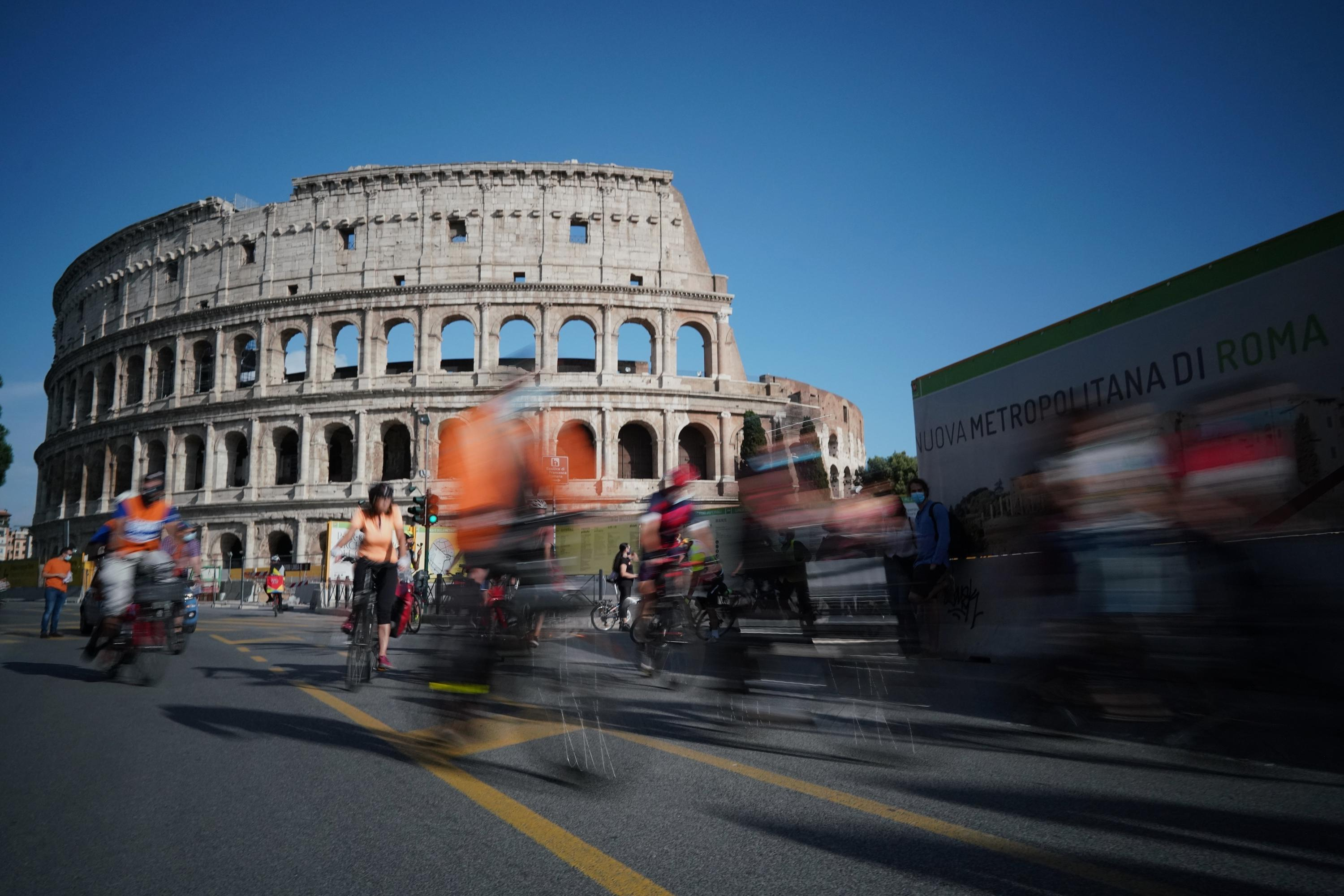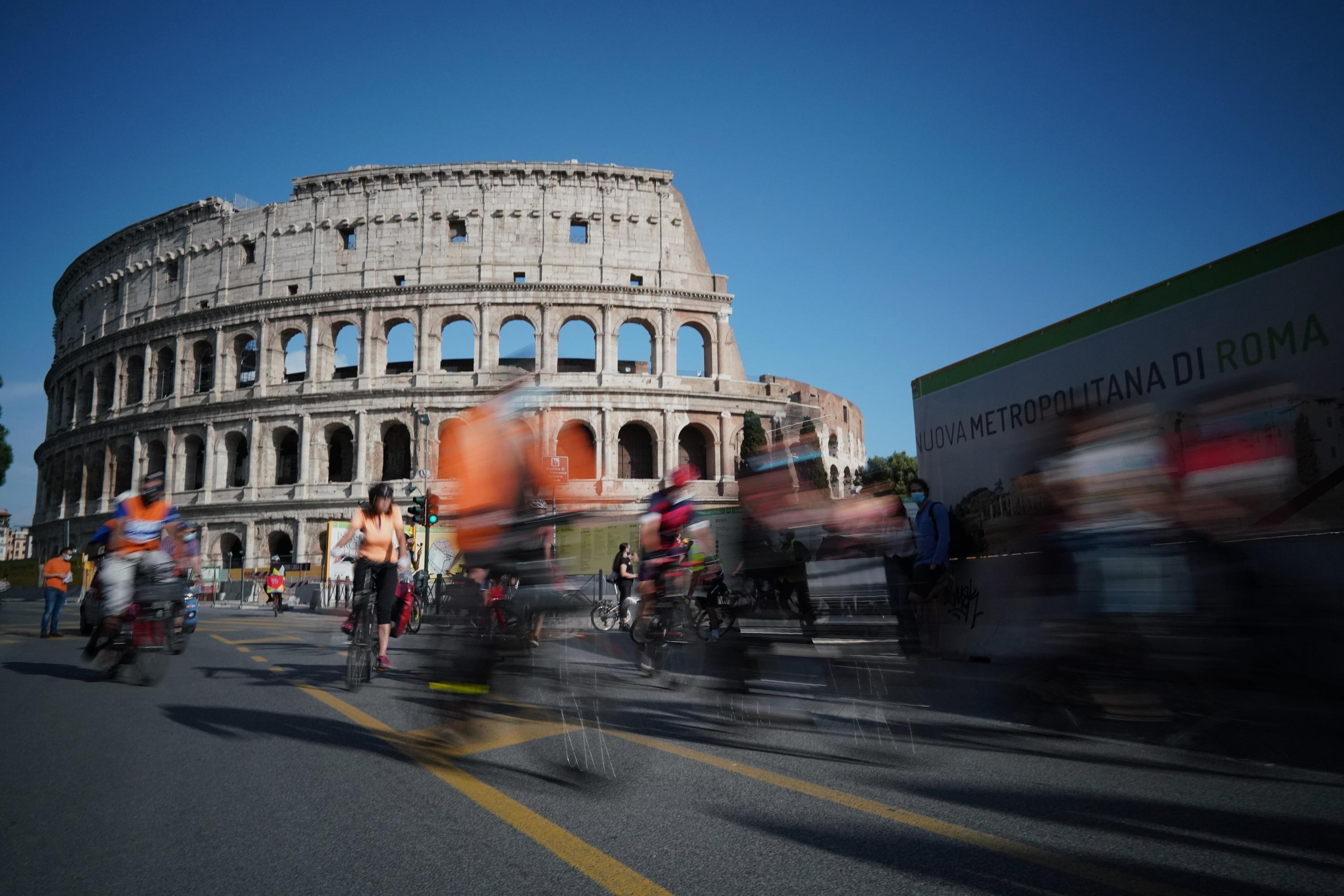However, many scientists warn that strategies for “exiting” the pandemic may be premature.
The emergence of more complex variants with faster transmission rates shows that even developed countries with abundant vaccine supplies are not immune to the risk of being affected. A prime example is Australia, a country currently closing its borders, recognizing that it is impossible to completely stop the pandemic.
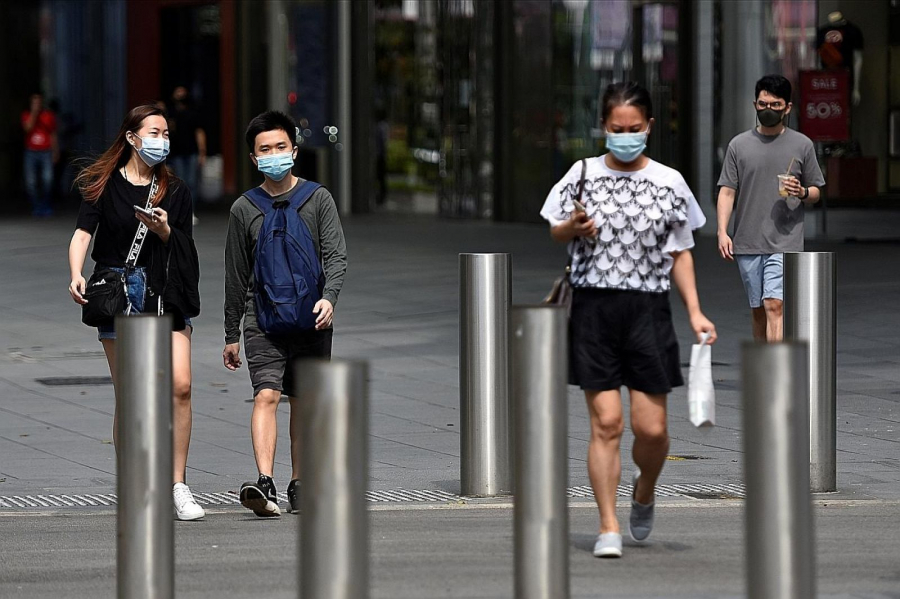
Singapore streets during lockdown.
Therefore, instead of gradually narrowing routes, many governments are beginning to accept that social distancing and travel restrictions are necessary during this period. They are encouraging people to change their perspective on the pandemic, trying to avoid getting too sick or dying, because contracting Covid-19 at this time is almost unavoidable. Even countries that once aspired to "zero-Covid" are having to reconsider this goal.
changing perspectives on the pandemic
Dale Fisher, Professor of Medicine at the National University of Singapore and head of the National Commission for Disease Prevention and Control, assessed: “People need to be warned that there will be more cases. That’s part of the plan, we have to accept it.”
Throughout this period, Singaporeans have been closely monitoring the situation regarding new Covid-19 cases in the country. As the total number of infections rose to double digits, public opinion in this Southeast Asian island nation showed signs of unease. Even with border closures, they felt a sense of helplessness, as even the most diligent efforts were insufficient to contain the pandemic.
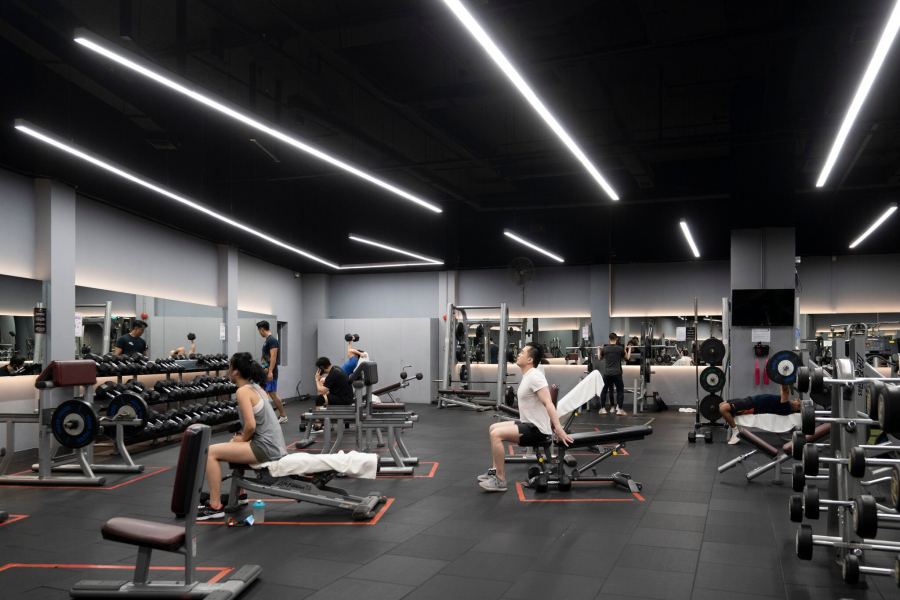
A gym in Singapore after being allowed to reopen in July 2021.
A group of Singaporean politicians wrote in a commentary in the Straits Times in June: “Our people are fighting to the point of exhaustion. Everyone is asking: When and how will this pandemic end?”
The Singapore government has announced plans to gradually ease restrictions, shifting its approach to the pandemic by changing its strategy. Instead of tracking new cases, they will focus on severe cases requiring special intervention or ventilators. This measure is currently being tested. To date, Singapore has administered two doses of the vaccine to 49% of its population.
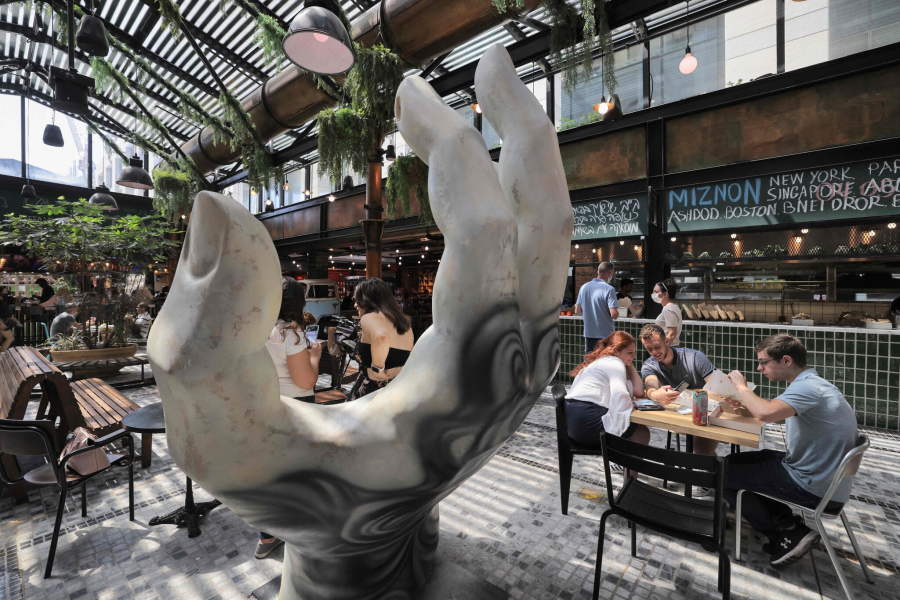
A food court in Israel during the days when lockdown restrictions were eased.
Israel is also a country that has shifted its focus to severe cases. Currently, Israel is facing a sharp increase in new cases, forcing the government to reimpose mask-wearing regulations in enclosed spaces.
Danny Levy, 56, an Israeli civil servant waiting to see a movie at a Jerusalem theater, told the New York Times: “The rule is necessary but also quite annoying.” Levy said he would wear a mask to the theater, but he felt frustrated that the restrictions were being reimposed due to poor monitoring and testing of travelers, leading to the spread of new virus variants.
Accept maintaining long-term social distancing.
According to epidemiologist Michael Baker of the University of Otago in New Zealand, countries that are taking shortcuts to reopen are "gambling with the lives" of unvaccinated people.
New Zealanders seem to have accepted the possibility of living with prolonged social distancing measures. A recent survey of 1,800 people in the country showed that 90% of them did not have high expectations for life to return to normal quickly, perhaps partly because many questions about Covid-19 remain unanswered.
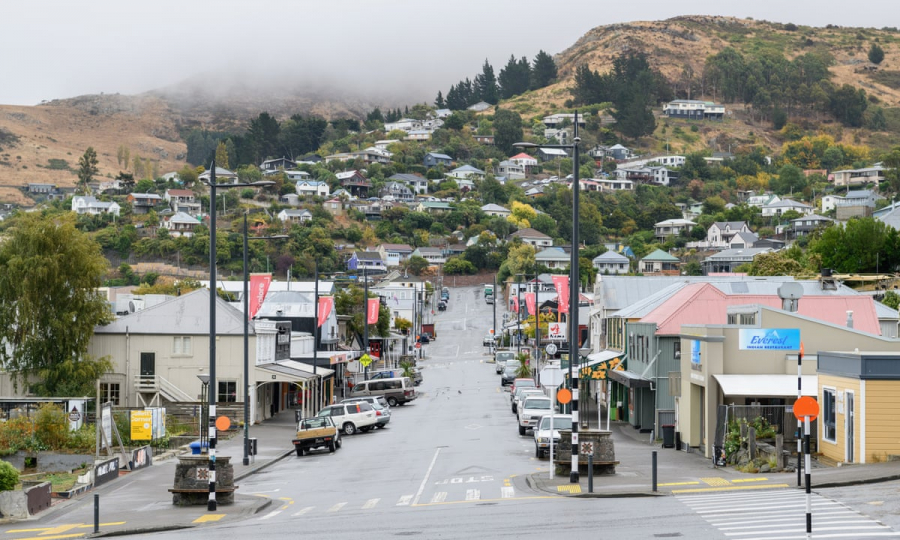
Streets in Lyttelton, New Zealand during social distancing.
Scientists say they still don't fully understand this virus, with hundreds of thousands of patients continuing to struggle with persistent symptoms. They believe Covid-19 should not be treated like the common flu because it is far more dangerous. Scientists also cannot definitively determine the duration of immunity provided by vaccines and the level of antibodies they produce against each virus variant.
In the United States, states like California and New York have high vaccination rates but still require unvaccinated individuals to wear masks, while other states with low vaccination rates, such as Alabama and Idaho, do not mandate it. Some schools have regulations requiring resident students to be vaccinated, however, some states prohibit public institutions from implementing such regulations.
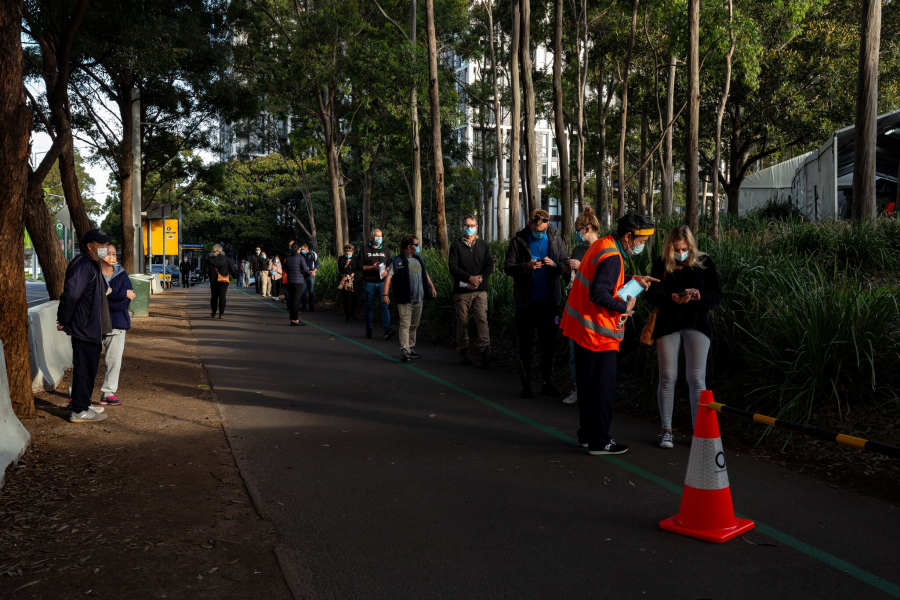
People wait to receive a vaccine in Sydney, Australia.
In Australia, some politicians argue that the country needs to choose between maintaining long-term social distancing measures or living with the pandemic. They suggest that Australia should abandon its "zero COVID-19 cases" policy.
Gladys Berejiklian, the leader of New South Wales, Australia, immediately dismissed the proposal. She said: "No state or country in the world can cope with the Delta variant, while vaccination rates in my country are still too low." In fact, only 11% of the population over 16 in Australia have received both doses of the vaccine.
Let go of restrictions and learn to live with COVID-19.
In places with high Covid-19 vaccination rates, notably Europe, countries have bet on vaccination programs, viewing them as their "ticket" out of the pandemic. The current goal for these countries is to keep deaths and hospitalizations low.
Recently, German citizens who have received both doses of the vaccine can eat at restaurants without needing to present a negative test result. They are also free to meet privately and travel without having to quarantine for 14 days.
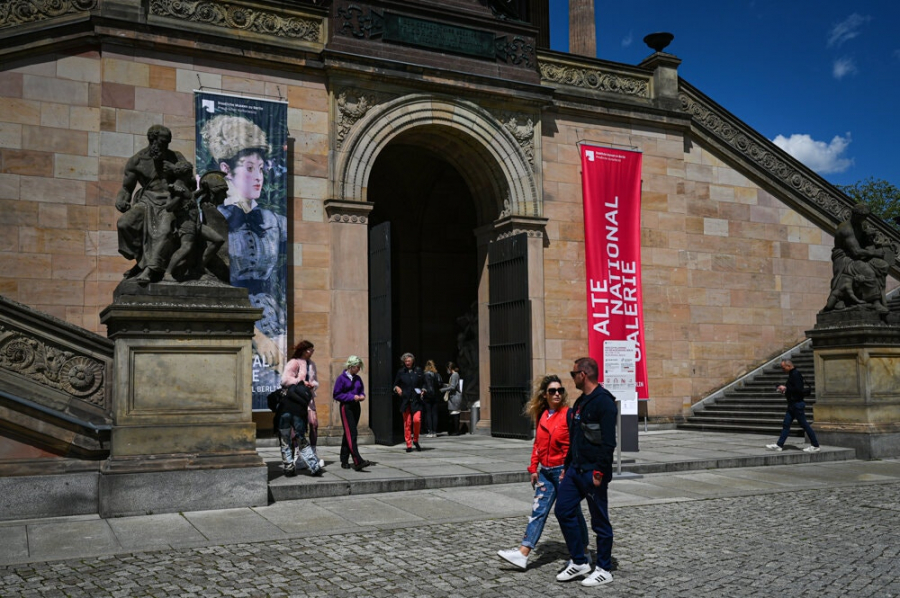
Tourists visit a tourist area in Berlin, Germany.
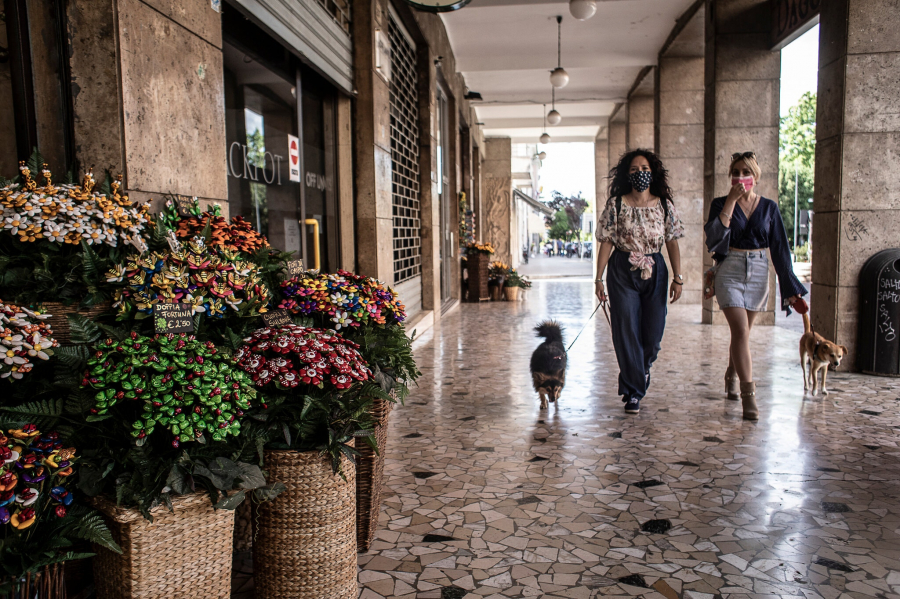
Many people in Italy still wear face masks when going out, even though it's not mandatory.
In Italy, mask-wearing is now only mandatory when entering shops or crowded spaces, but many people continue this habit. Marina Castro, a resident of Rome, said: “My daughters tell me I don’t need to wear a mask because I’ve been vaccinated, but I’m used to it.”
The UK has vaccinated almost all citizens in the highest-risk group. From July 19th, the UK began lifting lockdown restrictions despite the continued rise in cases of the Delta variant.
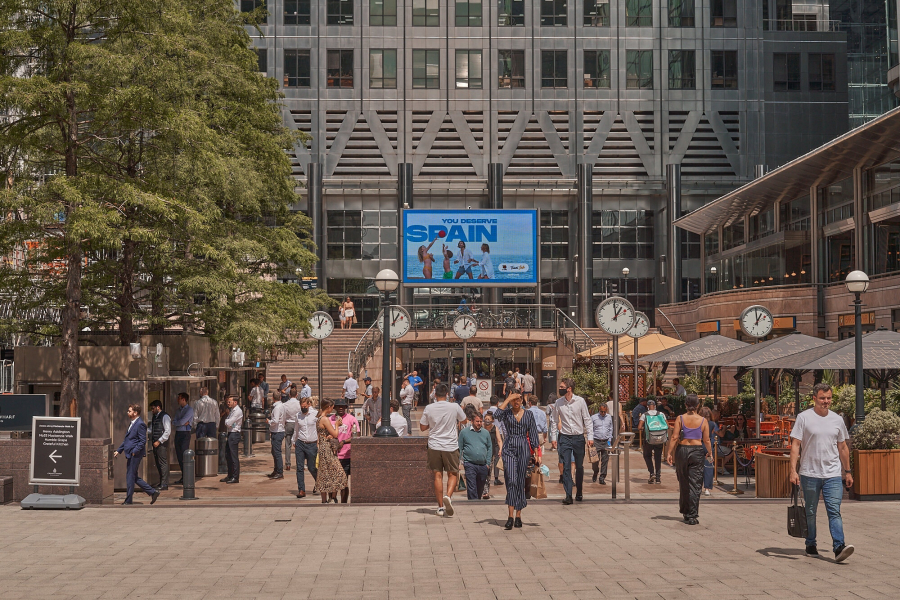
Outside a shopping center in London, England, on "Freedom Day".
Many newspapers in the country called that day "Freedom Day," when pubs, restaurants, and nightclubs were allowed to reopen. Social distancing and mask-wearing regulations were also relaxed. People were allowed to dine outdoors, sunbathe, and gather in groups.
However, the British government continues to urge people to be responsible and stay safe. British Health Minister Sajid Javid said this move shows the country is learning to live with Covid-19.

 VI
VI EN
EN



